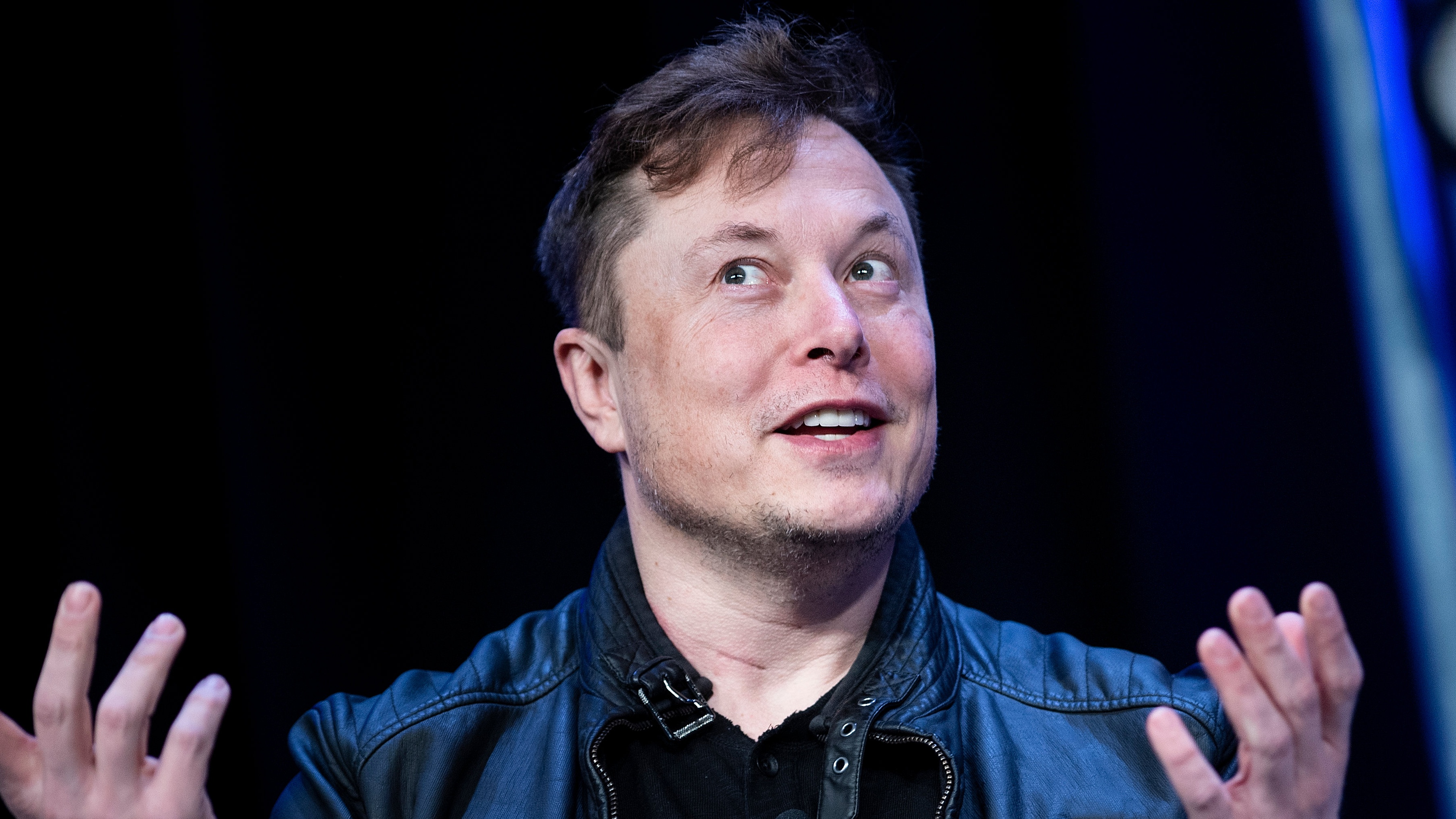Why Elon Musk is facing claims of animal cruelty over mind-reading chips
Billionaire’s technology firm forced to deny ‘cruel treatment of macaque monkeys’

A free daily email with the biggest news stories of the day – and the best features from TheWeek.com
You are now subscribed
Your newsletter sign-up was successful
A company set up by Elon Musk to develop a device that connects animal’s brains to computers has denied allegations that its test amount to animal cruelty.
A complaint filed last week to the US Department of Agriculture has claimed that Neuralink is engaged in “cruel treatment of macaque monkeys which are being used to test the technology”, the BBC reported.
In a blog post, the company said it works with animals in the “most humane and ethical way possible”, stating that its “central mission is to design an animal care program prioritising the needs of the animals”.
The Week
Escape your echo chamber. Get the facts behind the news, plus analysis from multiple perspectives.

Sign up for The Week's Free Newsletters
From our morning news briefing to a weekly Good News Newsletter, get the best of The Week delivered directly to your inbox.
From our morning news briefing to a weekly Good News Newsletter, get the best of The Week delivered directly to your inbox.
“The use of every animal was extensively planned and considered to balance scientific discovery with the ethical use of animals,” it said.
Cruelty claims
The complaint against Musk’s firm was filed by the Physicians Committee for Responsible Medicine against the Davis National Primate Research Center (UC Davis), a part of the University of California that partnered with Neuralink last year to study brain chips.
It claims that “most of the animals” involved in the study “had portions of their skulls removed to implant electrodes in their brains”. They also suffered “facial trauma” and had seizures and infections local to the site of the implant, it alleged.
Musk’s firm acknowledged in its blog post that that two animals were euthanised “at planned end dates to gather important histological data”, while another six monkeys were put down on the medical advice of the veterinary team at UC Davis.
A free daily email with the biggest news stories of the day – and the best features from TheWeek.com
“While the facilities and care at UC Davis did, and continue to meet, federally-mandated standards, we absolutely wanted to improve upon these standards as we transitioned animals to our in-house facilities,” it said.
What is Musk trying to discover?
In February 2021, the Tesla boss announced that he was “one step closer” to “designing a wireless chip that would allow humans to control a computer with their mind” after wiring up a monkey’s brain to test if it can control a video game, The Times reported.
Neuralink has also installed mind-reading chips in pigs during experiments which aim to develop ways of connecting human brains to machines.
“We have a monkey with a wireless implant in their skull with tiny wires who can play video games with his mind,” Musk said during a speech last year on social networking app Clubhouse.
“You can’t see where the implant is and he’s a happy monkey. We have the nicest monkey facilities in the world. We want them to play Mind Pong with each other.”
The announcement came five months after Musk showed off a pig named Gertrude with “a coin-sized computer chip in her brain to demonstrate his ambitious plans to create a working brain-to-machine interface”, the BBC reported at the time.
When Gertrude ate and sniffed straw, the chip in the part of her brain controlling her snout recorded her neurological activity.
Musk believes “such chips could eventually be used to help cure conditions such as dementia, Parkinson’s disease and spinal cord injuries”, the broadcaster said.
He eventually hopes to fuse our brains with artificial intelligence by using implanted chips to provide a “high-bandwidth link between humans and computers”, The Independent reported. The entrepreneur has repeatedly warned that artificial intelligence may be humanity’s “biggest existential threat” if left unchecked.
The complaint against UC Davis is not the first time that the project has been accused of animal cruelty. Peta has described Musk’s claims of scientific breakthroughs in the field as “long on hype and short on evidence that what he’s predicting can actually happen”.